Predictability of ‘Public Policy’ in Article V of the New York Convention under Mainland China’s Judicial Practice
Few legal concepts carry more uncertainty than ‘public policy’. It tends to be argued when other points fail. This book —a major contribution to understanding theory and practice related to the public policy exception —focuses on how the term ‘public policy’ stipulated in Article V of the New York Convention has been interpreted and applied by the Chinese courts, where parties trying to avoid the recognition and enforcement of a foreign award frequently refer to Article V.Including detailed commentary and analysis of cases where the Chinese courts refused to recognise and enforce a foreign arbitral award on the grounds of violation of public policy, this book investigates issues and topics such as the following:·the meaning of ‘domestic arbitration’ and of ‘foreign-related arbitration’ under Chinese law;· the functions of China’s ‘Reporting System’;· ways in which Chinese courts depart from international consensus on the public policy exception;· distinction under Chinese arbitration law between ‘public policy’ and ‘social and public interest’; and· situations that do not necessarily constitute violation of Chinese public policy, including situations causing negative impacts on mere department or local interests, violation of Chinese mandatory administrative regulations, etc.The author’s method of analysis and interpretation of laws and regulations while observing the circumstances of their application in specific cases greatly clarifies the predictability of how the public policy exception will continue to be interpreted and applied by the Chinese courts.Whether a foreign arbitral award can be recognised and enforced by the Chinese courts has always been on the top of foreign parties’ list of concerns. Accordingly, corporate counsel, lawyers, international arbitrators and other parties seeking recognition and enforcement of foreign arbitral awards in China will welcome this thorough discussion and guide and be prepared to respond to the public policy exception with legally sound arguments in compliance with applicable law.
{{comment.content}}
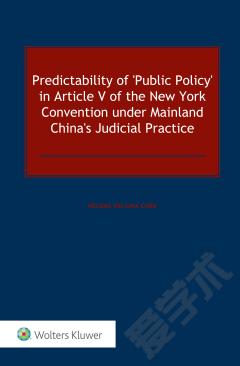
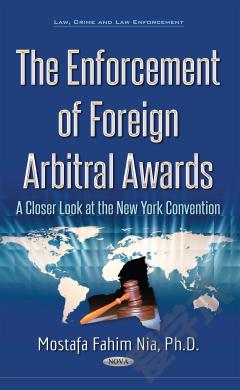

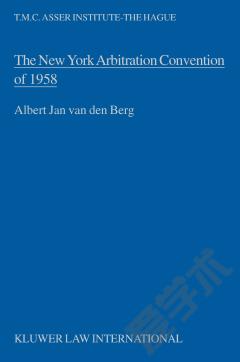
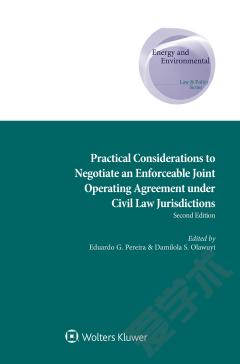

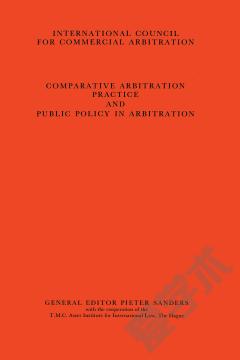

 京公网安备 11010802027623号
京公网安备 11010802027623号